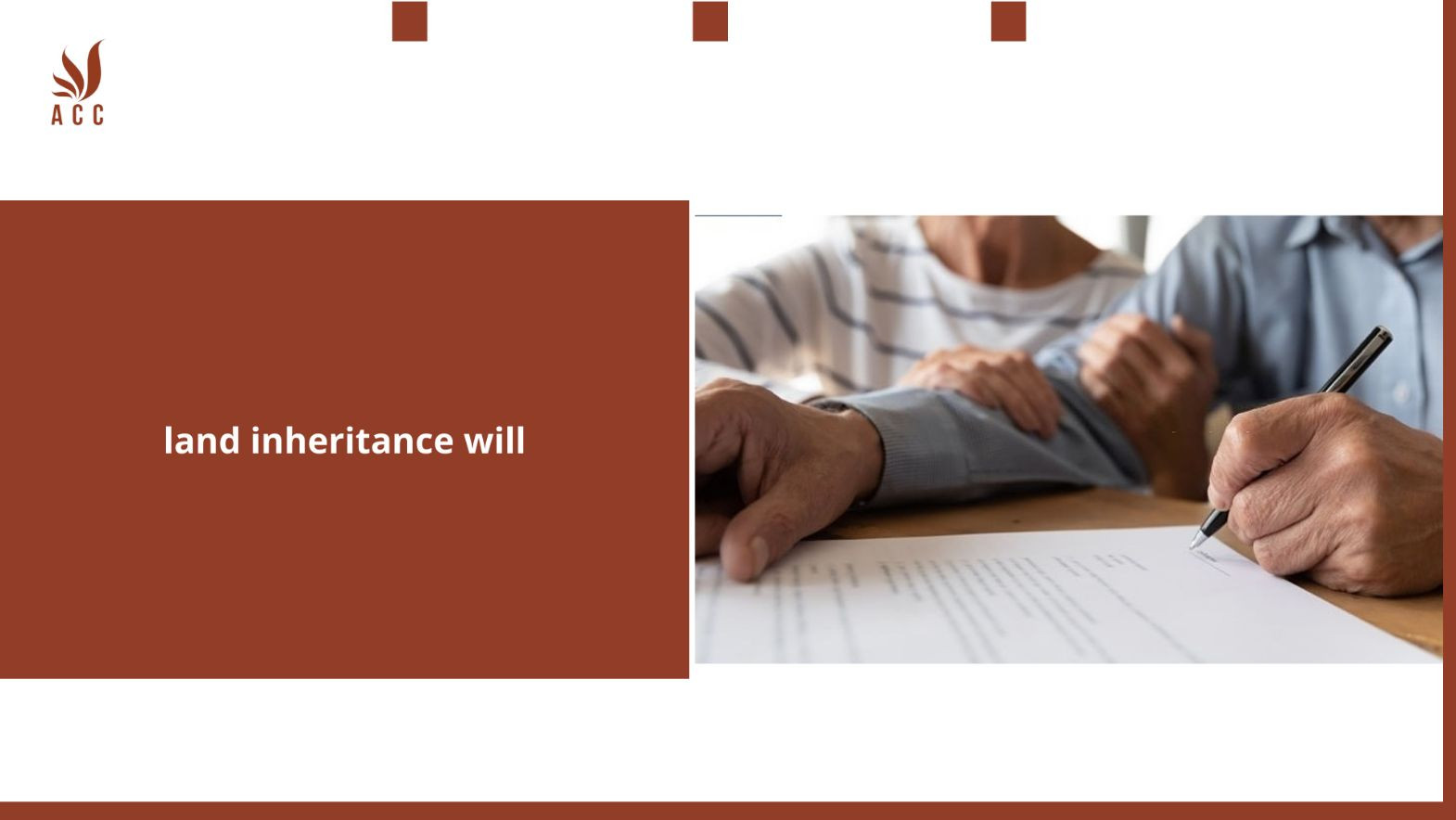I. English will
Last Will and Testament of [Your Full Name]
I, [Your Full Legal Name], of [Your Address], [City, State/Province], being of sound mind and disposing memory, do hereby make, publish, and declare this to be my Last Will and Testament, revoking all prior wills and codicils.
Article I: Executor
I appoint [Executor's Full Name], residing at [Executor's Address], to be the executor of my estate. If [Executor's Full Name] is unable or unwilling to serve, I appoint [Backup Executor's Full Name], residing at [Backup Executor's Address], as the alternate executor. My executor shall have all the powers granted by law to administer my estate.

Article II: Debts and Expenses
I direct my executor to pay all my debts, funeral expenses, and estate administration costs from my estate.
Article III: Specific Bequests
I make the following specific bequests:
-
I bequeath [Description of Asset or Property] to [Beneficiary's Full Name], residing at [Beneficiary's Address].
-
I bequeath [Description of Asset or Property] to [Beneficiary's Full Name], residing at [Beneficiary's Address].
[Continue listing specific bequests as needed.]
Article IV: Residue Clause
I direct that the rest, residue, and remainder of my estate, both real and personal, shall be distributed as follows:
[Specify how you want the remaining assets to be distributed among your beneficiaries. You can name specific individuals, percentages, or create trusts as needed.]
Article V: Guardianship (If Applicable)
If I have minor children at the time of my death, I appoint [Guardian's Full Name], residing at [Guardian's Address], to be the guardian of my minor children. If [Guardian's Full Name] is unable or unwilling to serve, I appoint [Backup Guardian's Full Name], residing at [Backup Guardian's Address], as the alternate guardian.
Article VI: Revocation
I hereby revoke any and all prior wills and codicils that I have made.
Article VII: Governing Law
This will shall be governed by and construed in accordance with the laws of the [State/Province] without regard to its conflict of laws principles.
In witness whereof, I have signed and sealed this will as of [Date].
[Your Full Legal Signature] [Your Full Legal Name]
Witnesses:
-
[Witness's Full Name] [Witness's Address]
-
[Witness's Full Name] [Witness's Address]
[Optional Notarization: Depending on your jurisdiction's requirements, you may also include a notary acknowledgment.]
II. Q&A
1. What is an English will?
- An English will, also known as a last will and testament, is a legal document that outlines a person's wishes regarding the distribution of their assets and the management of their affairs after their death. It allows individuals to specify how their property, including land, finances, and personal belongings, should be distributed among beneficiaries.
2. What are the requirements for creating a valid English will?
- To create a valid English will, the following requirements must generally be met:
- The person creating the will (the testator) must be at least 18 years old.
- The will must be in writing.
- The testator must sign the will or acknowledge their signature in the presence of two witnesses who are both present at the same time.
- The witnesses must also sign the will in the presence of the testator.
3. Can an English will be changed or revoked?
- Yes, an English will can be changed or revoked at any time by the testator, provided they have the mental capacity to do so. Changes can be made by creating a new will or by adding a codicil, which is a separate document that modifies specific provisions of the original will. It's important to ensure that any changes or revocations are done in accordance with legal requirements.
4. What happens if someone dies without an English will?
- If someone dies without an English will, their estate will be distributed according to the rules of intestacy. These rules determine how the assets will be divided among the deceased person's surviving relatives. The order of priority for inheritance typically includes the spouse or civil partner, children, parents, and other close relatives. It's important to note that intestacy laws may not align with an individual's personal wishes, so it is advisable to create a will to ensure one's assets are distributed according to their specific desires.
Nội dung bài viết:






Bình luận